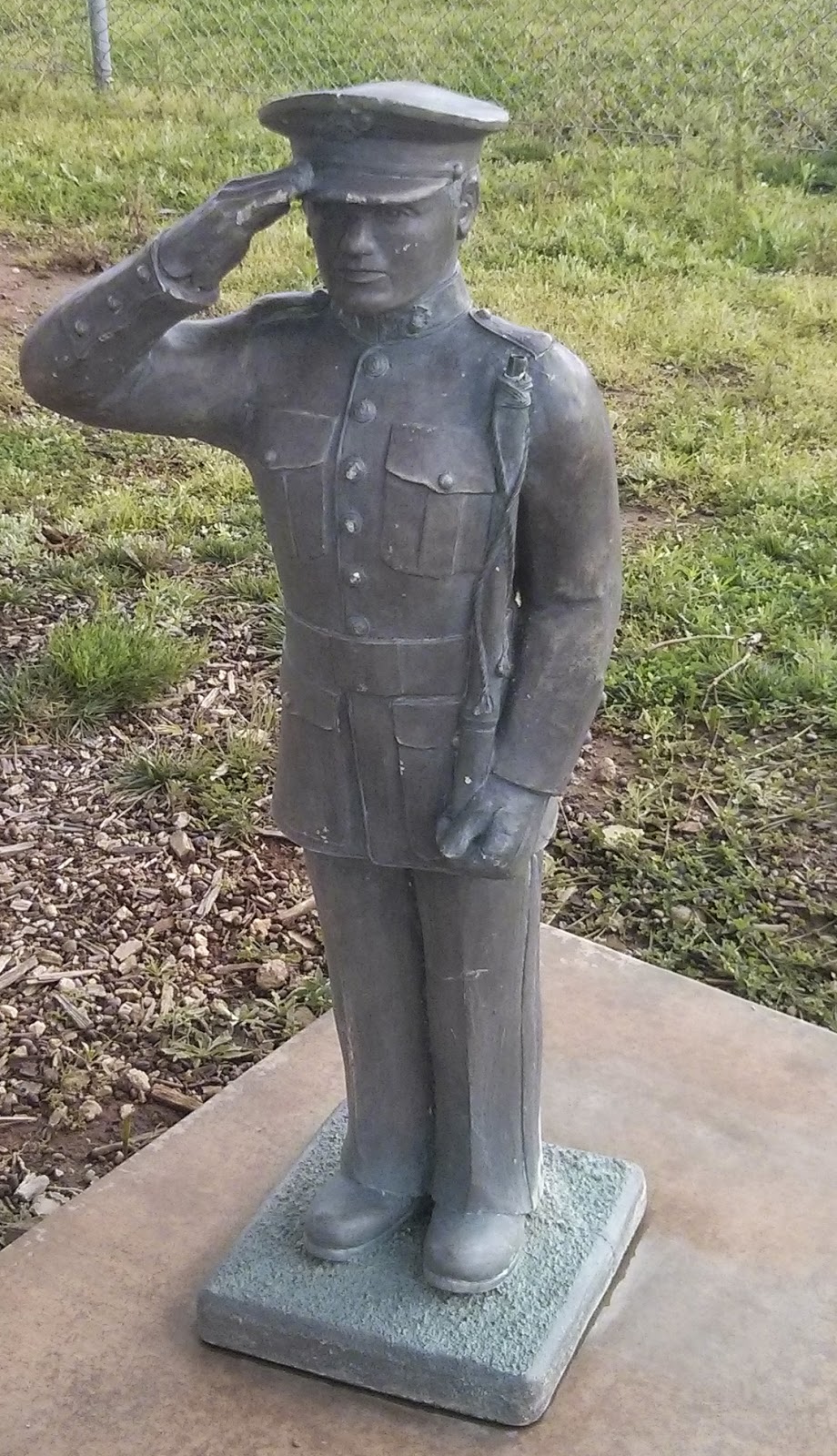The world of
warfare is changing and is more technology driven than at any point in history.
The pitched battles between two large armies in standard WWI and WWII trench
style combat no longer exist in the same form. Today’s military will either
take the form of highly professional, technology-driven, adaptable units or low
technology, low professional, socially networked adaptable units. Professional
units are incorporating more e-learning to ensure their soldiers are up to
speed with modern technology and knowledge requirements.
A paper in
the eLearning
& Software for Education Journal describes
the modern battlefield and the need for additional e-learning (Eparu, &
Atanasiu, 2014). The battlefield of 2015-2025 will be tridimensional,
transparent, technology driven, dynamic pulsing, multi-directional, cybernetic,
digitized, integrated, and multinational.
Technology to handle change, communication, and run robotics will put
pressure on traditional militaries to change.
This means
that higher skill levels are needed among current military members. They will
integrate their actions more with digital technology and robotic systems
working seamlessly on the field. The days of digging trenches and following
simple commands are slowly disappearing to more adaptable systems where
soldiers can work collaboratively and independently to achieve objectives.
To work
independently requires the ability to learn at new levels and continue to
incorporate new knowledge for self-improvement that impacts the entire unit.
This is expensive for militaries that seek to run the process over and over on
new recruits in an effort to make them ready for battle. E-learning affords the
opportunity to keep those costs affordable and keep soldiers learning from any
place in the world.
The process
may include basic training, occupational schooling, and weapons training but
will also require higher forms of knowledge-based learning. E-learning affords
the opportunity to remotely train using forums, support networks, simulation
games, decision making software, and much more. Our next generation of soldiers
will rely heavily on e-learning after their initial training has been
successfully integrated.
Eparu, D.
& Atanasiu, M. (2014). New training requirements for a successful military
action. eLearning & Software for
Education, 3.



